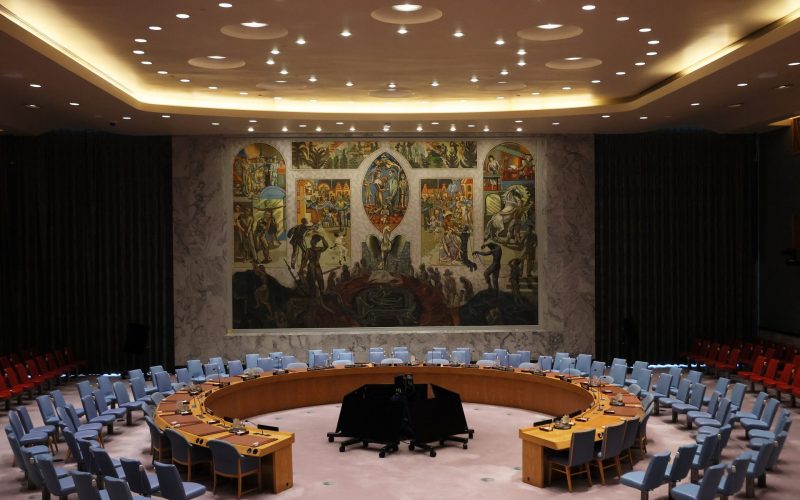Born out of the optimism at the new millennium that Africa’s time had come, the African Peer Review Mechanism (APRM), a tool designed to promote good governance on the continent, is built on the belief that the continent does not lack ideas to advance its development, but that states have struggled to live up to their principles and implement their policies. The APRM rests on the fundamental belief that good governance is a precondition for taking Africa out of its spiral of conflict, underdevelopment, poverty and increasing marginalisation in a globalised world.
Looking in the rear-view mirror almost a decade after the APRM was first conceived, Grappling with Governance: Perspectives on the African Peer Review Mechanism explores how this complex process has evolved from theory to practice in a variety of contexts. In a combination of case studies and transversal analysis, multiple voices from different African civil society actors – mainly analysts, activists and journalists – examine the process from their specialised perspective. The chapters tease out what can be learned about governance in Africa from these experiences, and the extent to which the APRM has changed the way that governments and civil society groups engage.
This book demonstrates that undergoing review through the APRM – literally, grappling with governance – can be messy, haphazard and full of reversals. Like any tool, the APRM’s effectiveness depends on the suitability of its design for the task at hand, the situation in which it is used, and the skill of its user. The different authors reflect on these characteristics as users of this tool. While it is ill-advised to draw universal conclusions, this book nevertheless demonstrates that the APRM has added value, sometimes in unexpected ways.
“A timely and succinct exposition of the challenges of evolving state-society relations in Africa though the APRM… adds to the budding literature on the role of civil society in this uniquely African initiative”
— Dr Kojo Busia, United Nations Economic Commission for Africa
“Essential reading to understand how civil society has perceived and experienced the APRM, and how their engagement has strengthened this organic African governance initiative”
— Gabriel Negatu, Director of Governance, Economic and Financial Reform, African Development Bank
See an interview with Steven Gruzd courtesy of Creamer Media’s Polity.org.za.
Contents include:
Introduction
Steven Gruzd
The APRM: Assessing origins, institutional relations and achievements
Steven Gruzd
Civil society participation in Uganda’s APRM process
Juliet Nakato Odoi
Assessing South Africa’s APRM: An NGO perspective
Nick Hutchings, Mukelani Dimba & Alison Tilley
Making the news: Why the APRM didn’t
Brendan Boyle
Do think tanks benefit from APRM work? Kenya’s experience
Rosemary Atieno, Mohamud Jama and Joseph Onjala
Using representative opinion surveys in the APRM process
Robert Mattes
APRM’s economic governance and management standards: What civil society should look for
Colm Allan and Neil Overy
Addressing the APRM’s Programmes of Action
Faten Aggad
Common African political governance issues: Insights from six early APRM Country Review Reports
Yarik Turianskyi
Common African socio-economic issues: Insights from six early APRM Country Review Reports
Terence Corrigan
Conclusion
Steven Gruzd
ISBN: 978-1-920196-30-1
Trade paperback
235x155mm
World rights
Publication: January 2011








